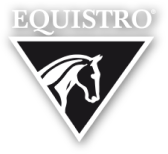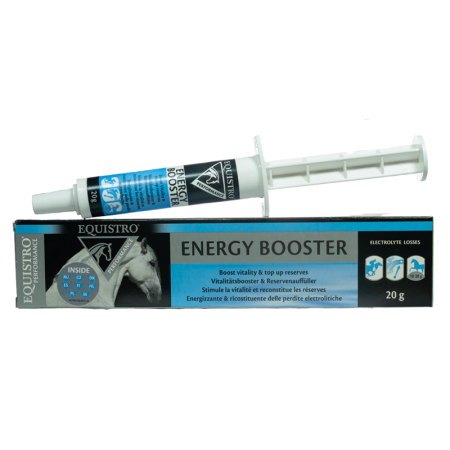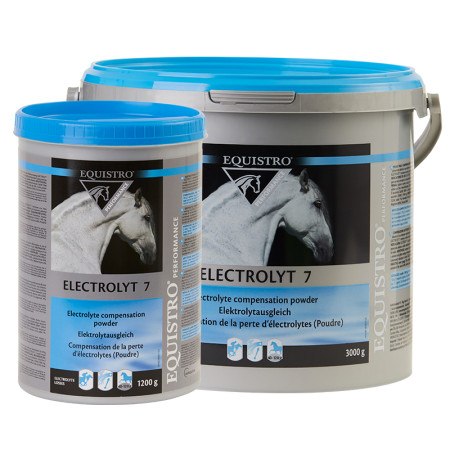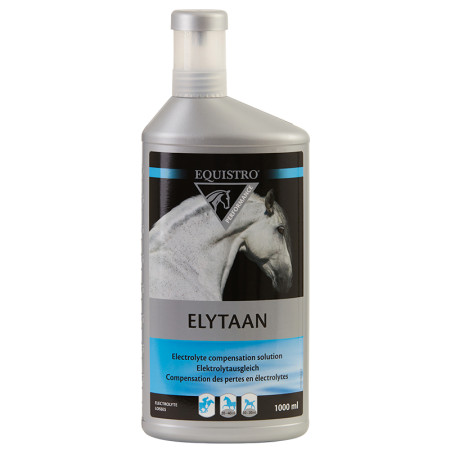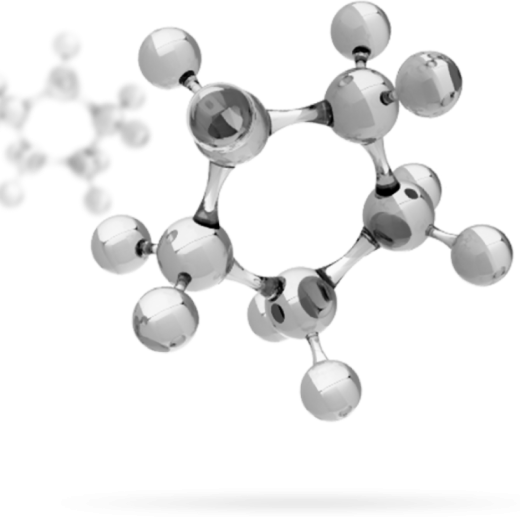
Potassium
Sources
Forages and oilseed meals generally contain 1-2% potassium on a dry matter basis. Cereals are relatively poor sources for potasium (0.3-0.4%).
Daily requirements
The recommendation for a daily intake of potassium for adult horses with a body weight of 500 kg is as follows:
Maintenance / Growth / Pregnancy: ~15-17g
Lactating Mares: ~30g
Light work (60-65 min walk, trot & canter): 18g
Medium work (110-115 min walk, trot & canter): 22g
Heavy work (160-210 min walk, trot & canter): 32g
Very heavy work (up to 330 min walk, trot & canter): 42g
Deficiency
Potassium deficiency is very rare in horses with a maintenance metabolism and a light to moderate workload.
However, high-performance horses that have to compensate for high potassium losses through sweat are more prone to hypokalemia. Symptoms of potassium deficiency can include unwillingness to eat, lethargy, general weakness, stiffness and even cardiac arrhythmia.
Long-lasting or chronic diarrhea can also lead to a potassium deficit and thus to a disturbance of the acid-base balance. Young foals with persistent diarrhoea are particularly at risk.
Excess
Excess amounts of potassium, which can occur in over-fertilized pasture feed, for example, are generally tolerated by horses.
In Quarter Horses, there is an autosomal, dominantly inherited gene that predisposes horses to hyperkalemic paralysis. In these horses, exercise or an increased intake of potassium leads to very serious muscle stiffness, which can extend to paralysis. Affected animals must be given a very restrictive supply of potassium.
Important to know
- High-performance horses generally consume more cereals, thus lowering dietary potassium intake when losses in sweat would normally be increasing
- Excess of sodium restricts potassium intake
- Potassium chloride and potassium carbonate are effective sources of supplemental potassium
